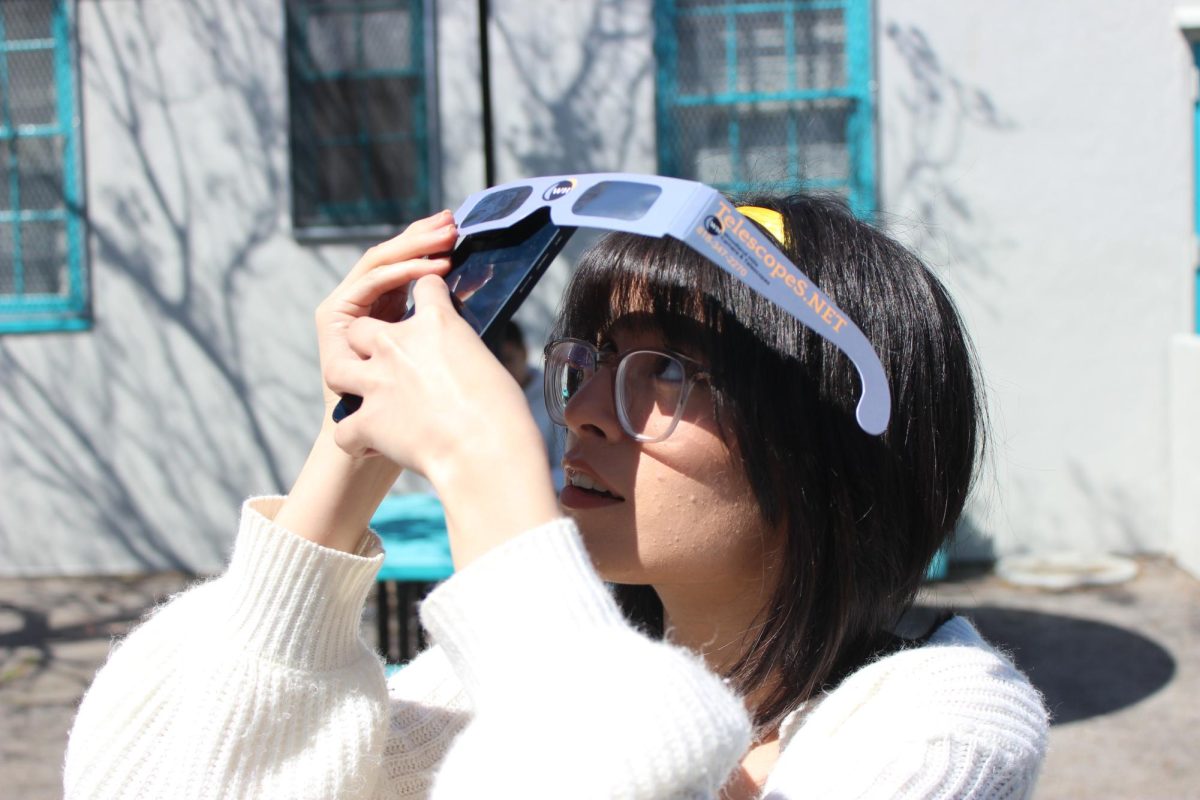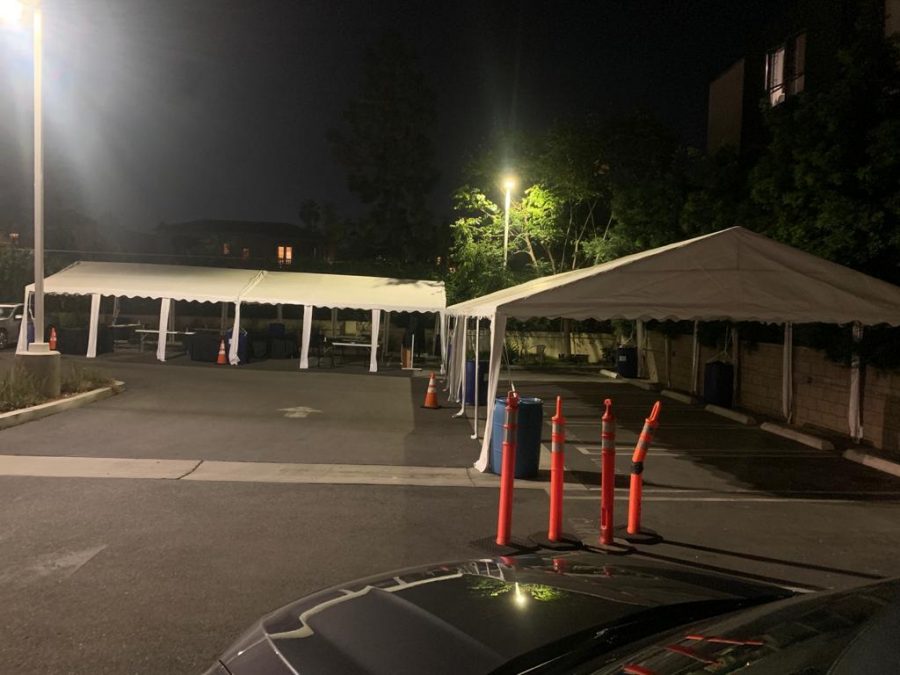At a meeting that lasted less than an hour, school officials decided Sunday to cancel yesterday’s scheduled reopening of on-campus Judaic Studies classes because of a sudden steep spike in local cases of Covid-19.
The decision, made by administration and the school’s Medical Task Force, was a last-minute reversal after 10 days of emails about returning to school, and the creation of a brand new schedule which would have taken effect yesterday after two weeks of planning.
But looking at new county Covid numbers on Sunday, the group decided it would be too dangerous.
“The problem in my mind and in the task force’s mind was that the numbers were looking terrible day by day,” said Dr. Noam Z. Drazin, president of Shalhevet’s Board of Directors and a member of the task force.
“The community spread was increasing dramatically, and until we knew where those numbers were going, we as a task force didn’t feel comfortable opening,” he said. “We didn’t want to be put in a position where we would open and have to close within a week.”
General Studies Principal Mr. Daniel Weslow and Associate Head of School Rabbi David Block announced the decision in a Schoology post to the entire faculty and student body on Sunday — less than two days before in-person classes would have resumed.
“As you know, we are in constant contact with our Medical Task Force and experts in the field to determine what’s best at every moment – whether it’s news we “like” to hear or not,” read the Schoology post which was signed by both Mr. Weslow and Rabbi Block. “This morning, our Medical Task Force advised that we press ‘pause’ on re-opening for Judaic Studies until the trend shifts.”
It was a very very short Zoom call for less than an hour, with all the administration and the Task Force. I think it became very clear that that was the right thing to do, despite all the efforts and preparation that had been made.
— Board President Dr. Noam Drazin
According to the Los Angeles County Health Department, the case positivity rate for Covid-19 as of Nov. 16 was 5.3%, after being in the 3.1% range most of the summer, and over the past three days the number of patients hospitalized for Covid-19 in the county has gone up 34%.
The Los Angeles Times reported that if these numbers keep rising, Los Angeles County might enter a new lockdown order where people would be required to stay home unless they are essential workers or need essential services.
According to Dr. Drazin, the task force made the decision to hold back from returning to in-person learning in a quick Zoom call meeting on Sunday morning.
“It was a very very short Zoom call for less than an hour, with all the administration and the Task Force,” Dr. Drazin said. “I think it became very clear that that was the right thing to do, despite all the efforts and preparation that had been made.”
As of Thursday night there were two more tents in the parking lot, which had been put up to accommodate in-person learning this week. Rabbi Block said that although theoretically all the in-person classes could fit on the roof, it would be very crowded and loud.
Only two grades at a time would have been meeting for Judaics at school: freshmen and sophomores one week, and juniors and seniors the next.
Instead, after a day off for parent-teacher conferences, school resumed yesterday on the revised all-online schedule implemented after Sukkot.
Despite the rising Covid case numbers, Shalhevet is legally allowed to resume in-person learning for religious courses, as the result of a court ruling in a suit filed by multiple religious schools in California, among them including Yavneh Hebrew Academy and Gindi Maimonides Academy.
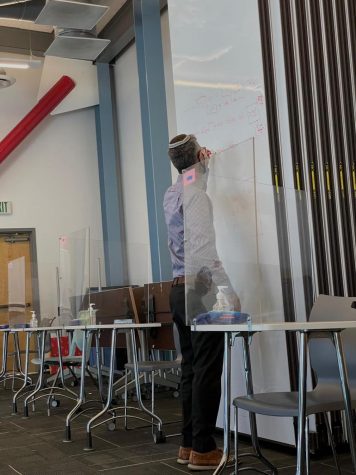
The lawsuit, called “Samuel A. Fryer Yavneh Academy et al. vs. Newsom,” sought to resume in-person learning for religious classes even though most schools are closed. Attorneys argued that religious schools were no different from church or synagogue religious services — which have been allowed in the state since May 25 as long as they follow social distancing guidelines.
Judge John A. Kronstadt ruled Oct. 28 that state guidelines already permitted this. The judge dismissed the case “with prejudice,” meaning the ruling on the case is final and the plaintiff cannot file a second lawsuit on those same grounds.
“Sufficient good cause has been shown for the requested relief,” Judge Kronstadt wrote. “Therefore, the Motion is GRANTED. Plaintiffs’ claims are DISMISSED with prejudice, and Defendants have stipulated to the following conditions.”
There were three conditions for allowing in-person religious classes, the ruling stated. The first was that schools could follow the same guidelines as places of worship — and with no numerical cap on the number allowed on campus at once — but only for religious instruction.
The second was that for General Studies, the religious schools must follow the same guidelines as the rest of the schools in the state.
The third condition was that individual counties could impose stricter regulations in general than the state’s current orders. That could apply to churches and synagogues — in other words, if a certain county orders churches and synagogues to close, that would apply to the religious schools as well.
In an e-mail reply to questions from the Boiling Point. Rabbi Shlomo Einhorn, Dean of Yavneh Hebrew Academy, called the decision “mutually agreeable.”
“Yavneh is very pleased to have been able to reach a mutually agreeable resolution with the State that provides a path under state law for resumption of in-person education while protecting student and faculty health and well-being,” Rabbi Einhorn wrote. “We appreciate Governor Newsom’s office’s openness to engage in this constructive dialogue.”
“Yavneh is very pleased to have been able to reach a mutually agreeable resolution with the State that provides a path under state law for resumption of in-person education while protecting student and faculty health and well-being,
— Rabbi Shlomo Einhorn, Dean of Yavneh Hebrew Academy
The Yavneh v. Newsom case was originally filed in mid-August, after Gov. Newsom imposed new guidelines stating that schools in counties that had been on the COVID-19 watchlist for 14 consecutive days would have to be completely virtual.
Three local Jewish schools were still open as of yesterday — YULA boys and girls high schools, which opened in person for Judaic Studies on Nov. 11 and Nov. 16 and Yavneh, and Gindi Maimonides Academy, which were also a participant in the lawsuit and which have been operating in person as day camps since summer.
Even though Shalhevet’s Judaic classes will not be returning to campus yet, in-person davening on Tuesdays will continue, as will in-person Advanced Gemara Shiur (AGS) after davening on Tuesday.
Camp Firehawks will also continue for Night Activities, which is the co-curricular spot.
Dr. Drazin said those activities did not pose the same danger as Judaic Studies classes.
“The issue with that is student density numbers, right?” Dr. Drazin said. “We’re talking about a smaller group, and that also applies to Camp Firehawks. We’re talking about maybe a total of 60 kids total as opposed to an entire two grades, which is double that.”
But he said that those classes could get cancelled eventually as well — if Covid-19 cases in Los Angeles continue to rise.
“I can’t tell you that if the numbers start going exponentially that may need to be affected as well depending on the numbers,” said Dr. Drazin. “I will tell you this: I did not want to wait, and the Task Force didn’t want to wait, for the state to ban religious worship outside.”
Before Sunday’s reversal, Shalhevet students were going to be returning to school on Nov. 17 for Judaics Studies classes after six months of strictly virtual learning.
An email sent to all parents on Nov. 5 announced that the school would be implementing the hybrid week-on, week-off model that was hoped for but postponed at the beginning of the school year, with upperclassmen on campus one week and lowerclassmen are on-campus the next.
“I’m super excited to get back to Judaics Studies,” said Associate Head-of-School Rabbi David Block in an interview with the Boiling Point on Nov. 10.
“I’m excited to see our students, I’m excited to get that vibe back in the building a little bit, and I’m excited to learn Torah together, because Torah is awesome and should be learned in person.”
But as it turned out, the timing of the partial reopening would have coincided with a growing increase in Covid-19 cases in Los Angeles.
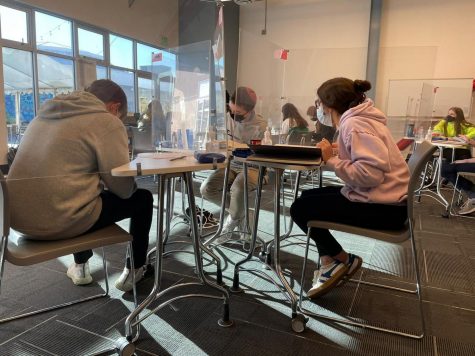
The new partly-in-person schedule was published only last Thursday. It would have had Judaic Studies classes in the morning in person and General Studies online in the afternoon. There was a one-hour break in between to account for lunch and time for students to get back home.
On Monday the school day would have ended at 5:20 p.m. According to the schedule sent to Shalhevet families on Nov. 12, students would have arrived for class on campus at 8 a.m. and remain on campus until 12 noon, when they would have until 1 p.m. to return home and eat lunch.
At 1 p.m., General Studies classes would have resumed on Zoom, running until 5:20 on Monday, 4:30 Tuesday through Thursday. Friday classes were going to be General Studies only and all take place online, shortened to 30 minutes each and ending at 1 p.m..
Judaic Studies classes were also supposed to change from 50 to 55 minutes. General Studies classes were still going to be 40 minutes but have extra short periods on Fridays of 30 minutes.
The Judaic Studies classes which were going to return to campus were Tanach, Talmud, AGS and 12th-grade Jewish Philosophy. Rabbi Block told the Boiling Point that Jewish History classes would be taught on campus as well.
On campus, all courses would have taken place outside — either on the roof or in the parking lot, where new, open-sided tents like the ones on the roof were added. Morning davening would have been offered everyday.
This story was originally published on The Boiling Point on November 18, 2020.

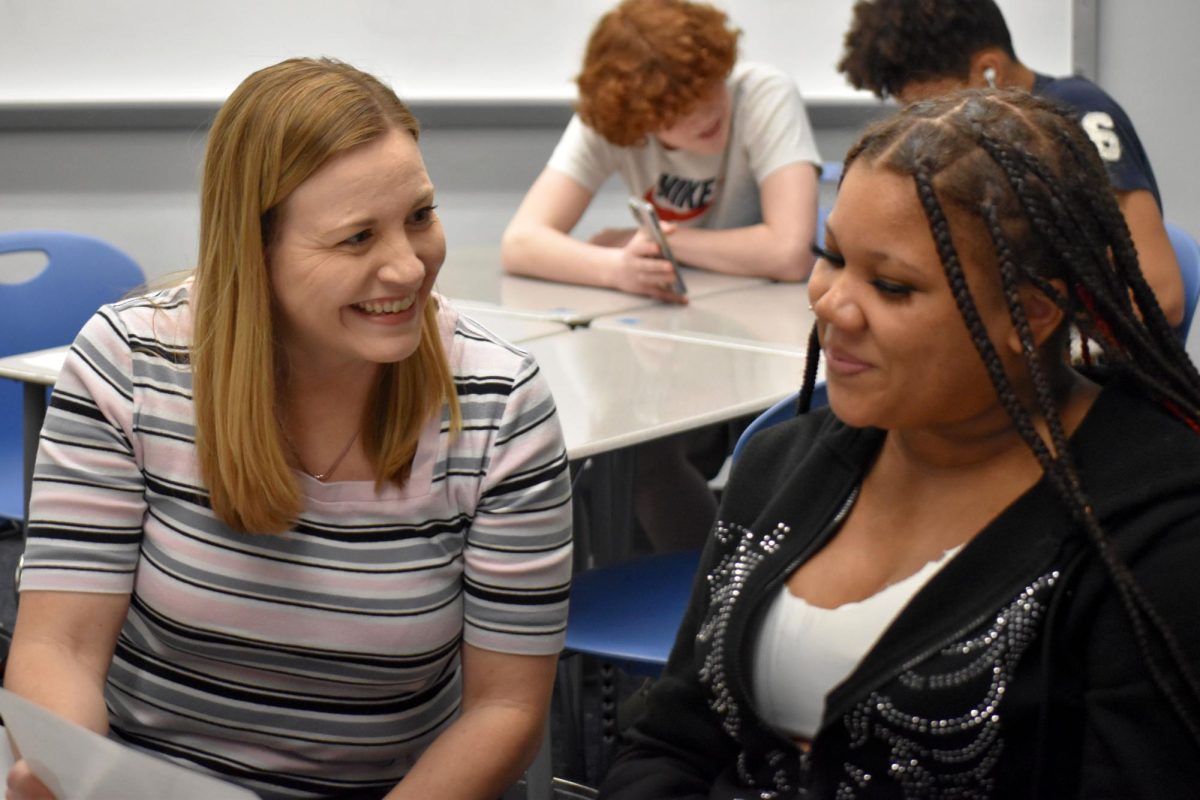
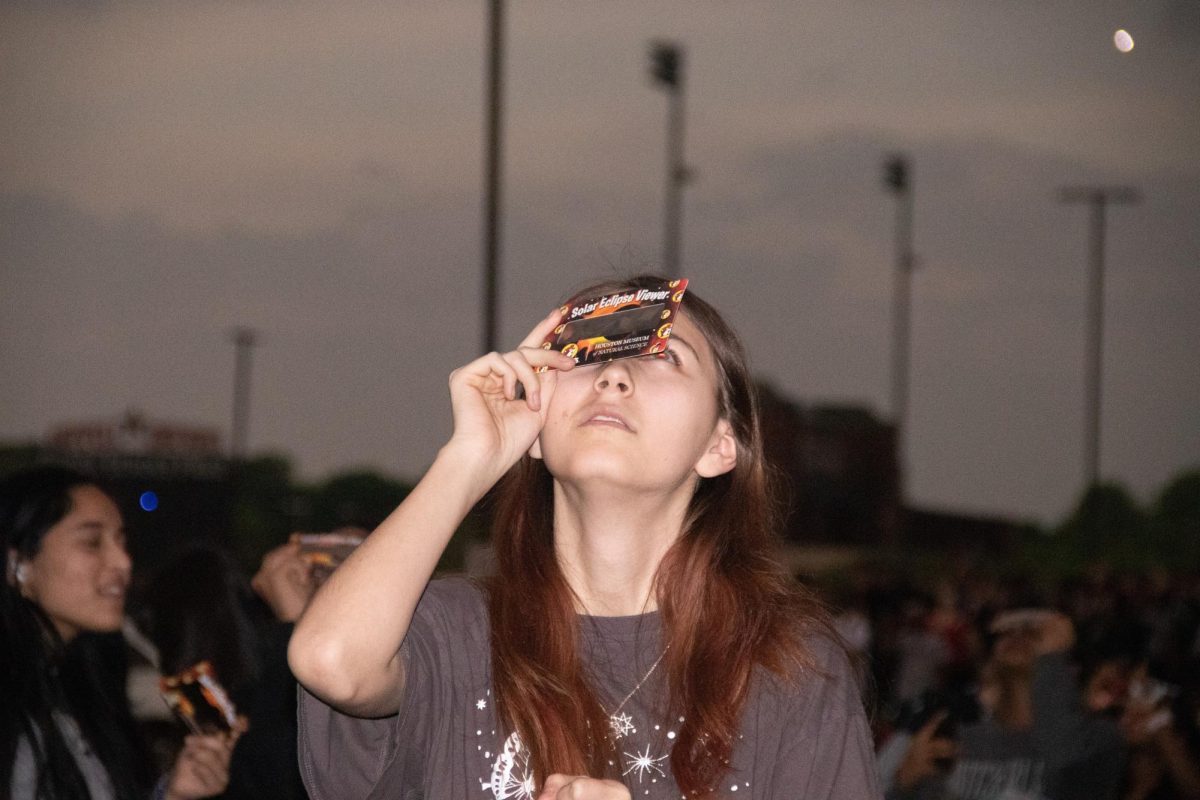
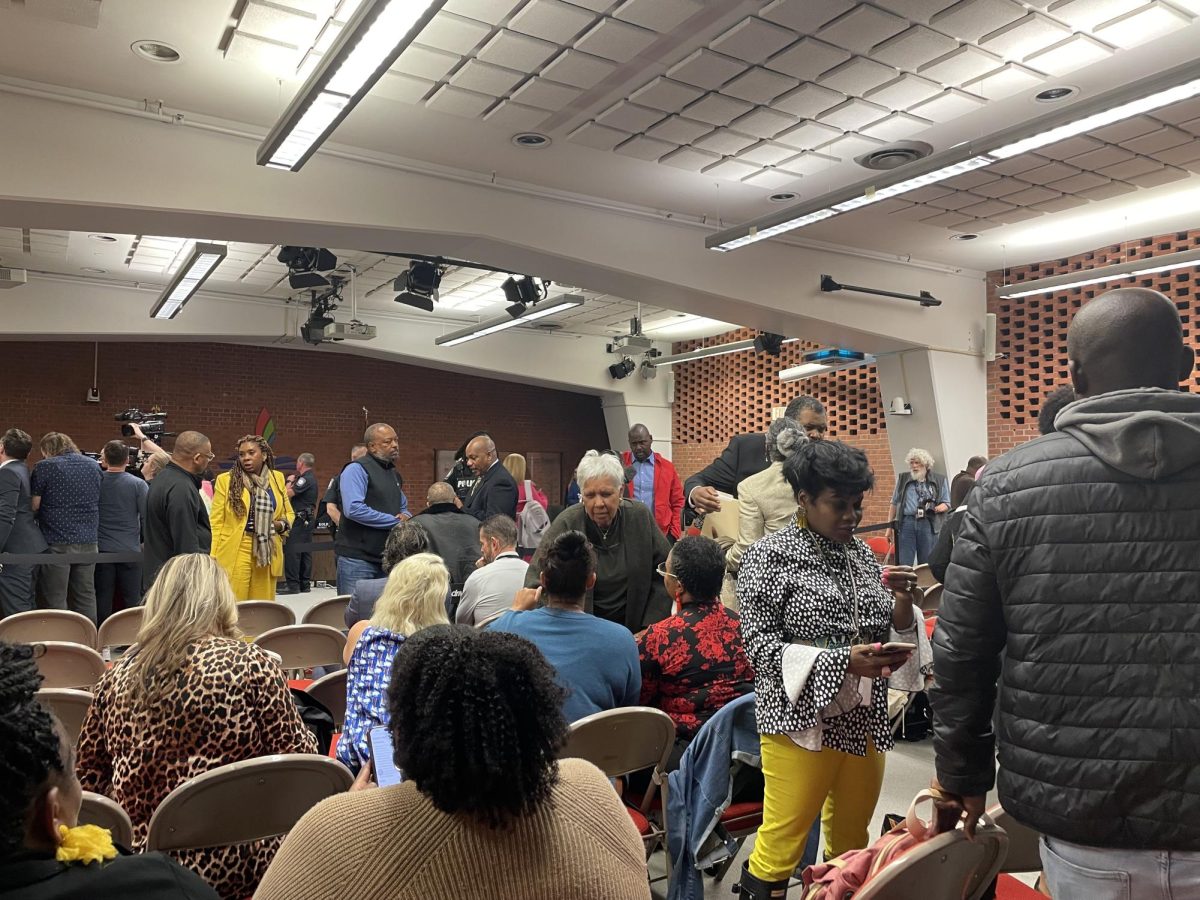



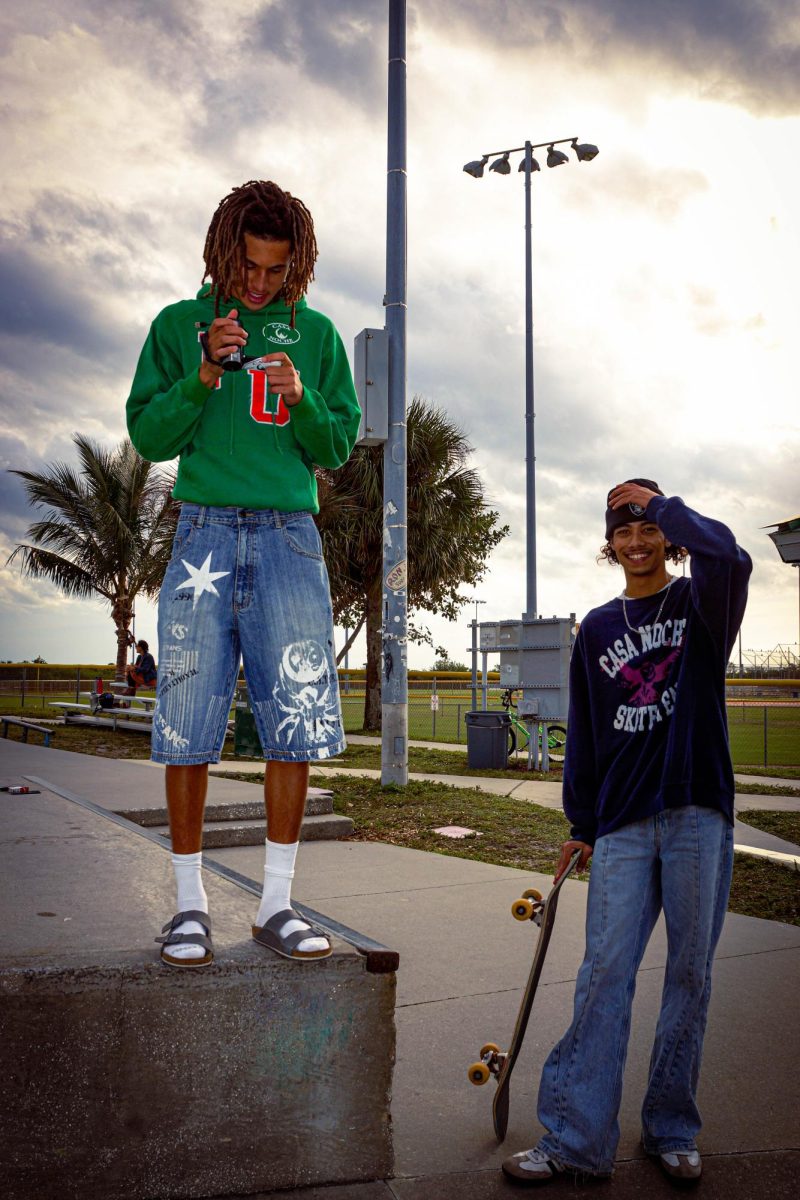
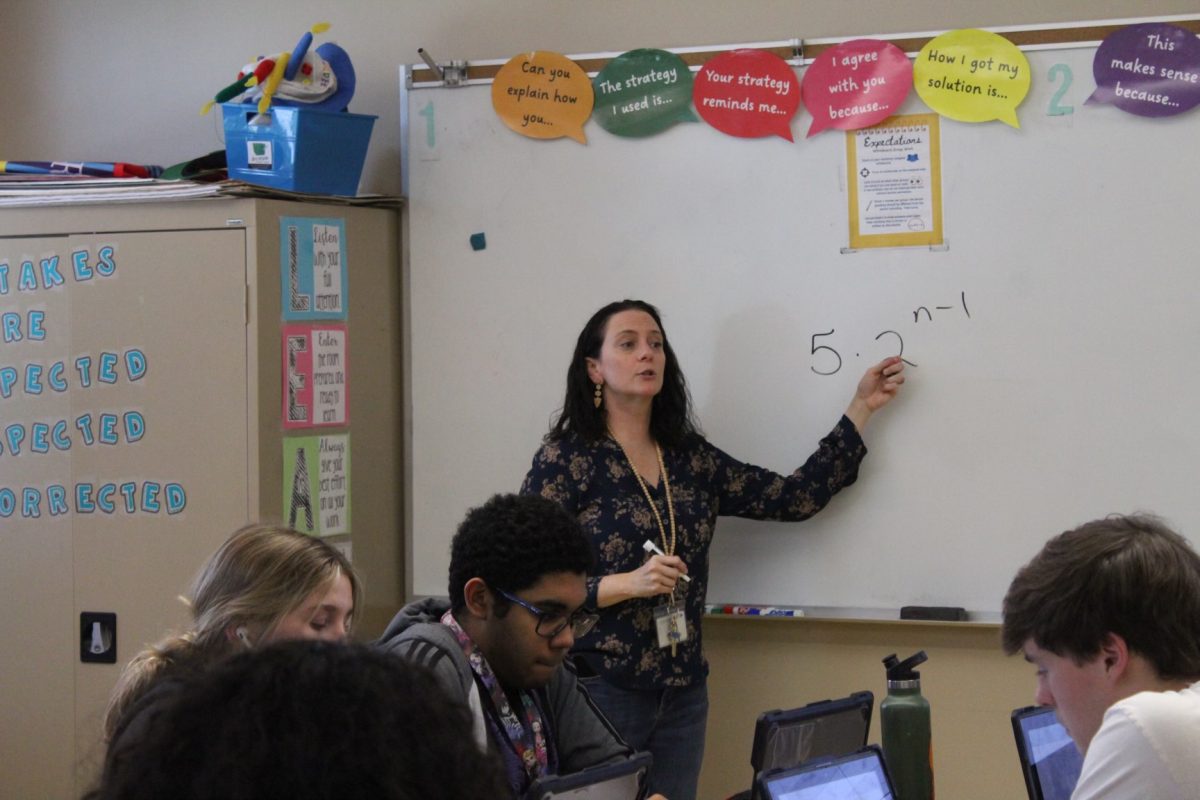
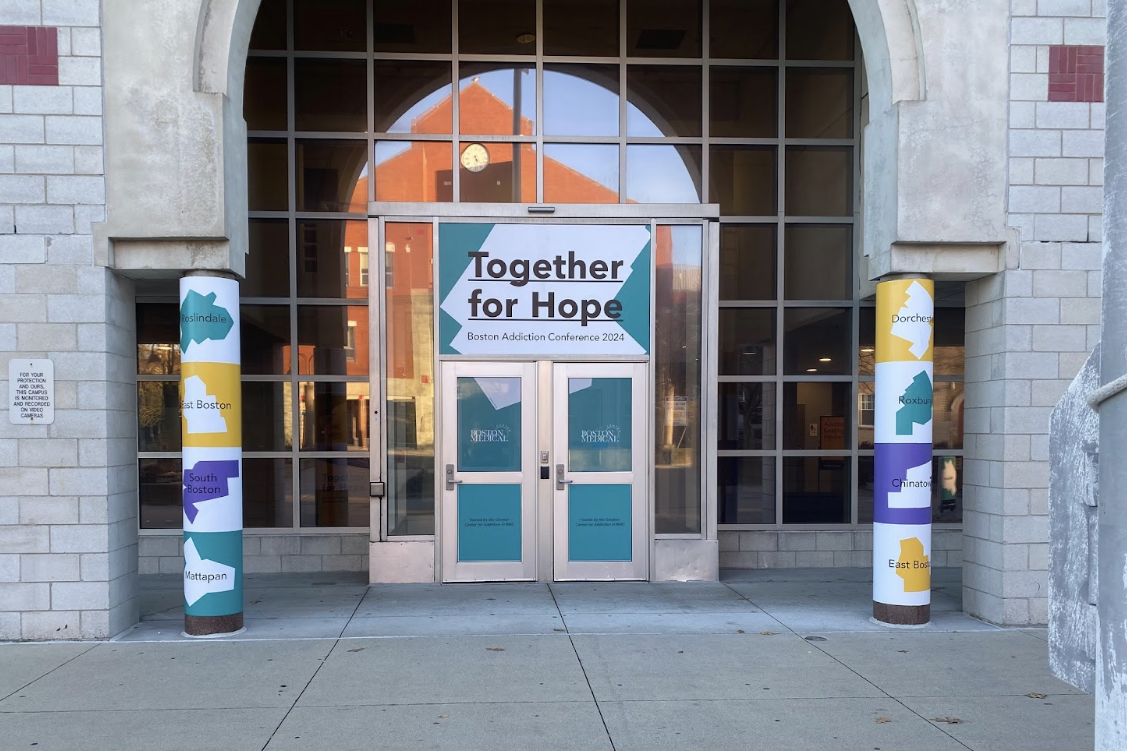


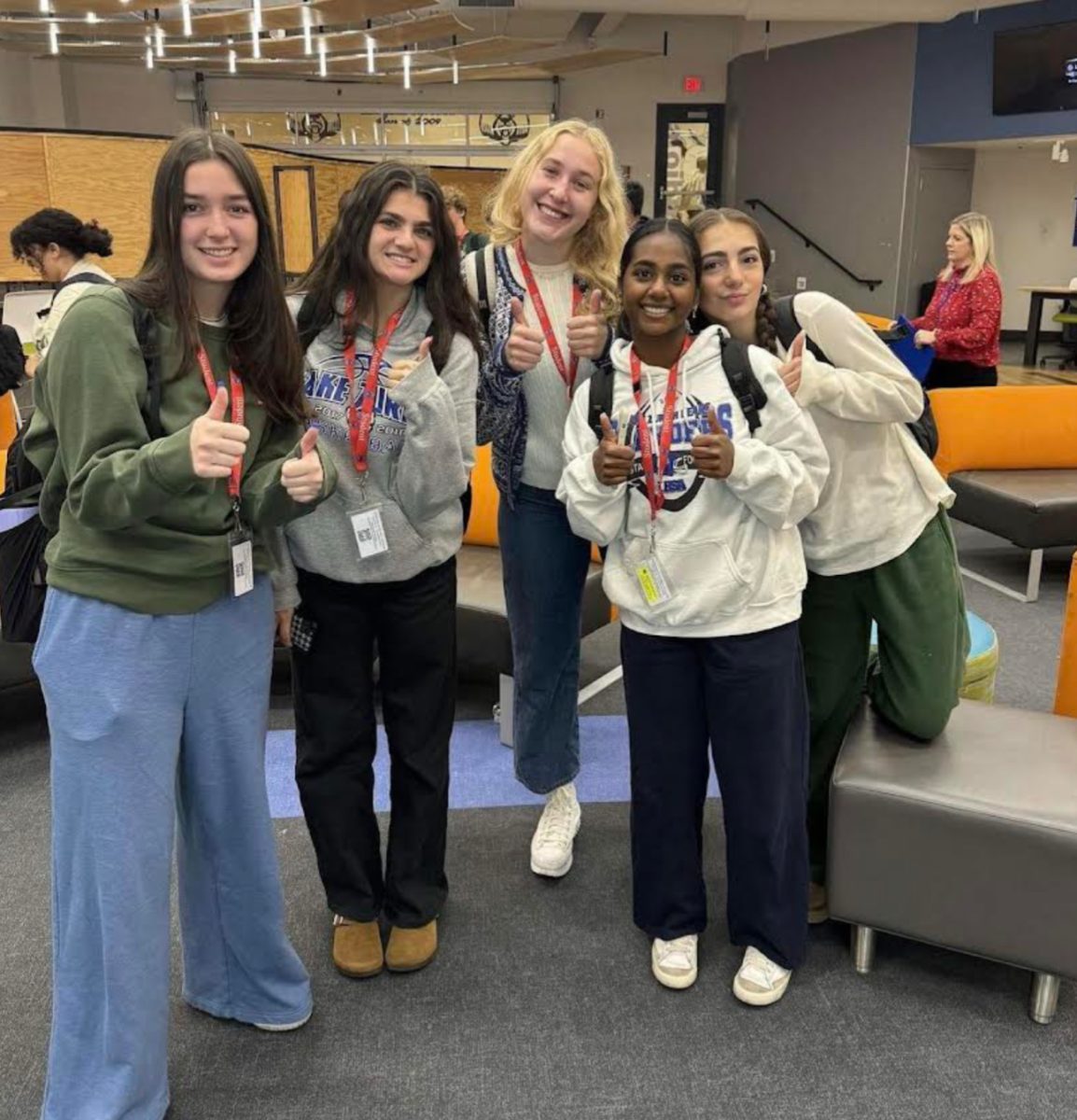

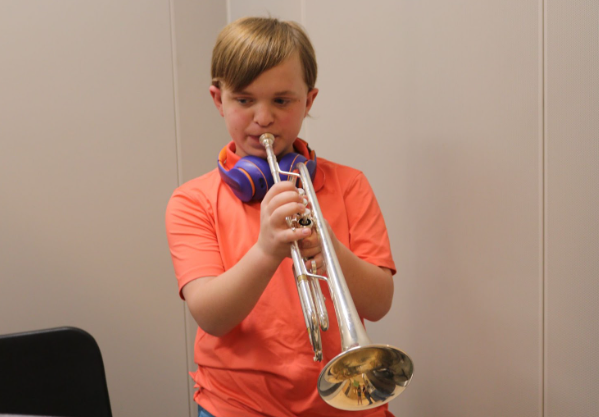
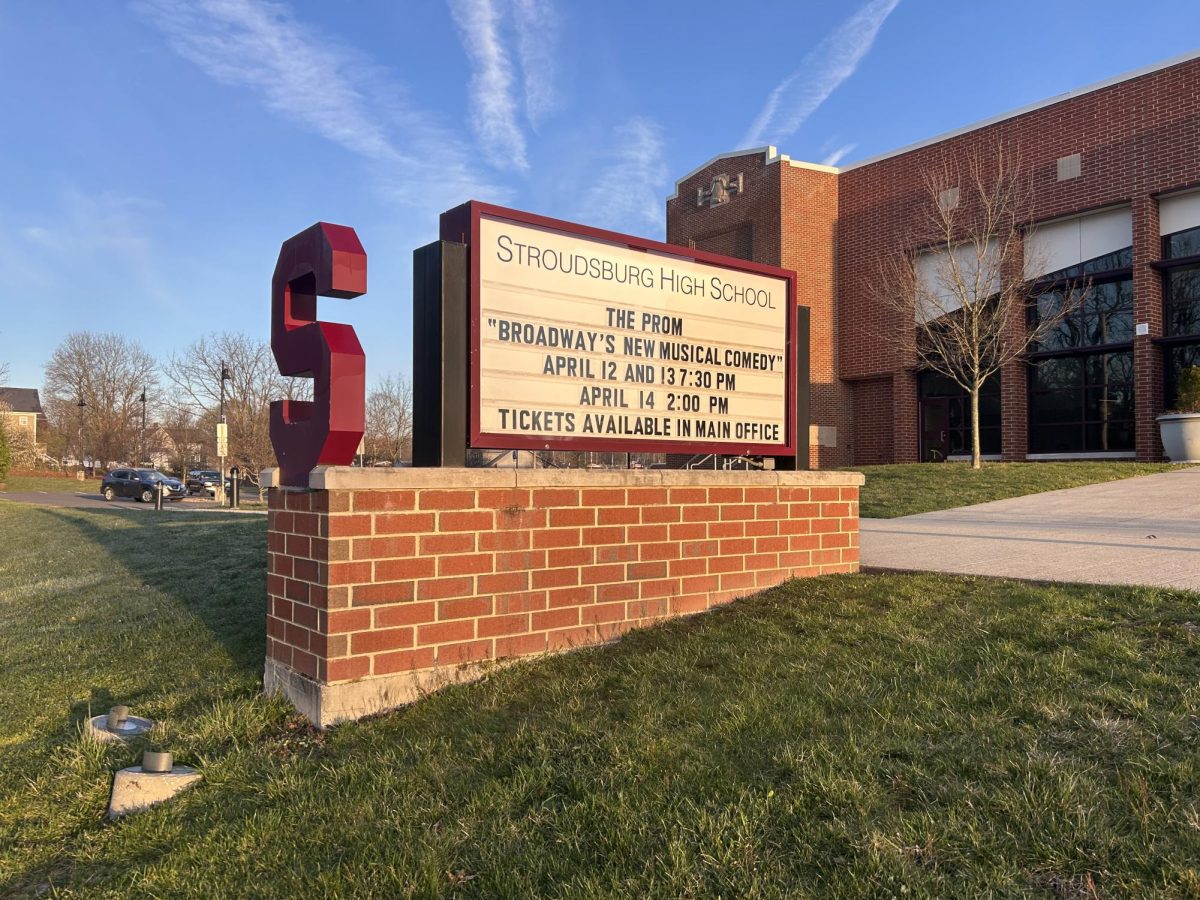

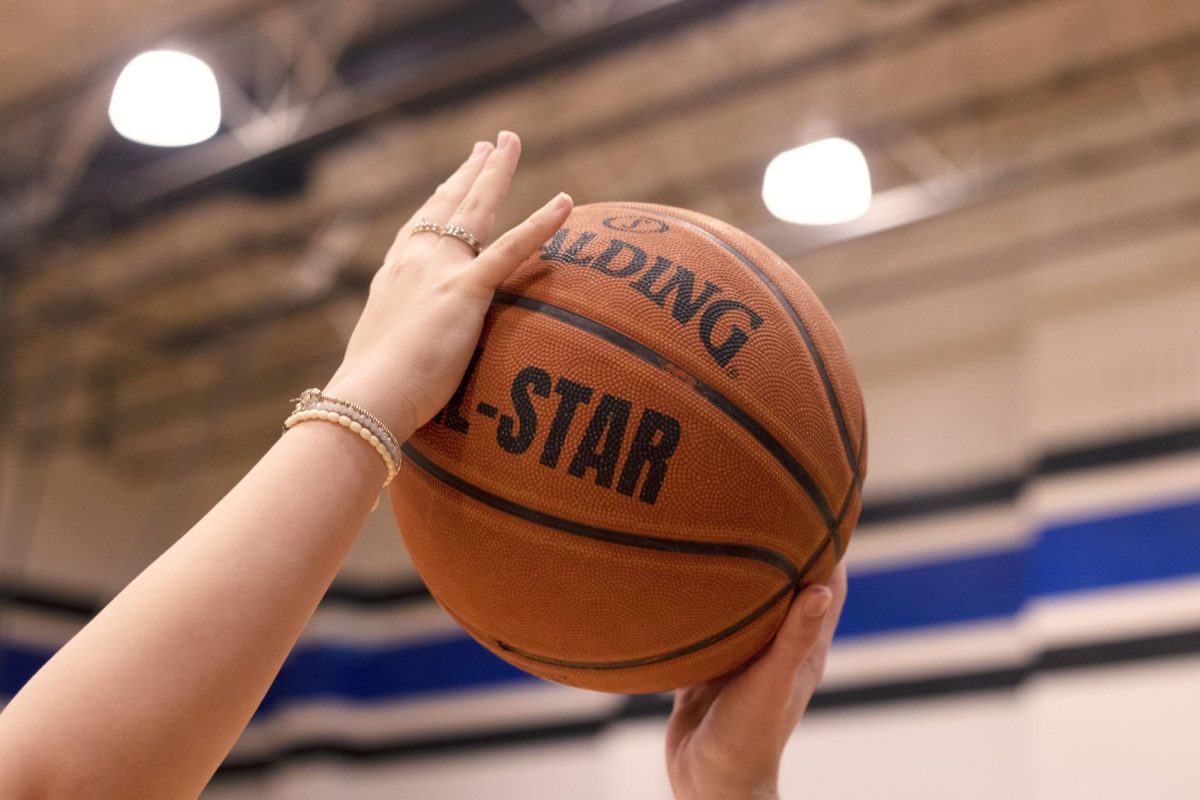


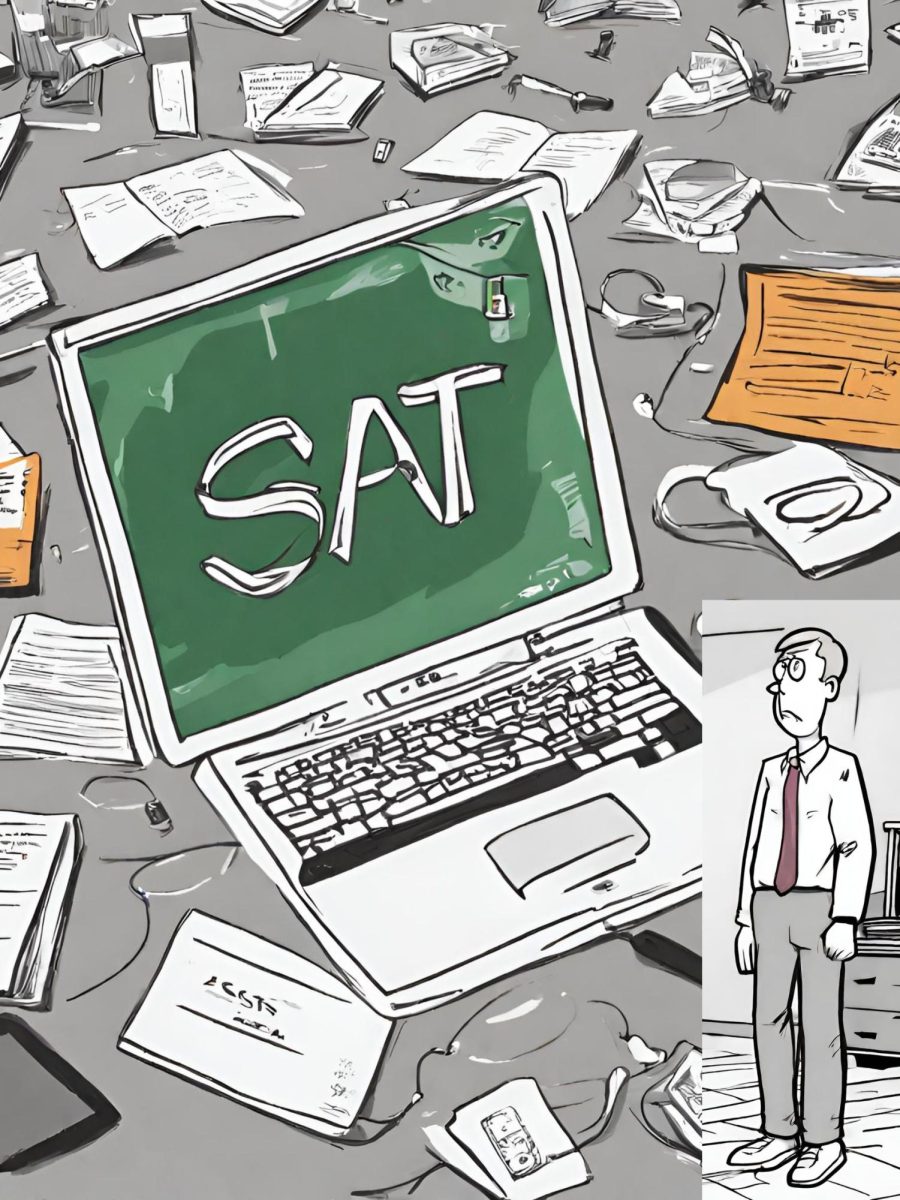







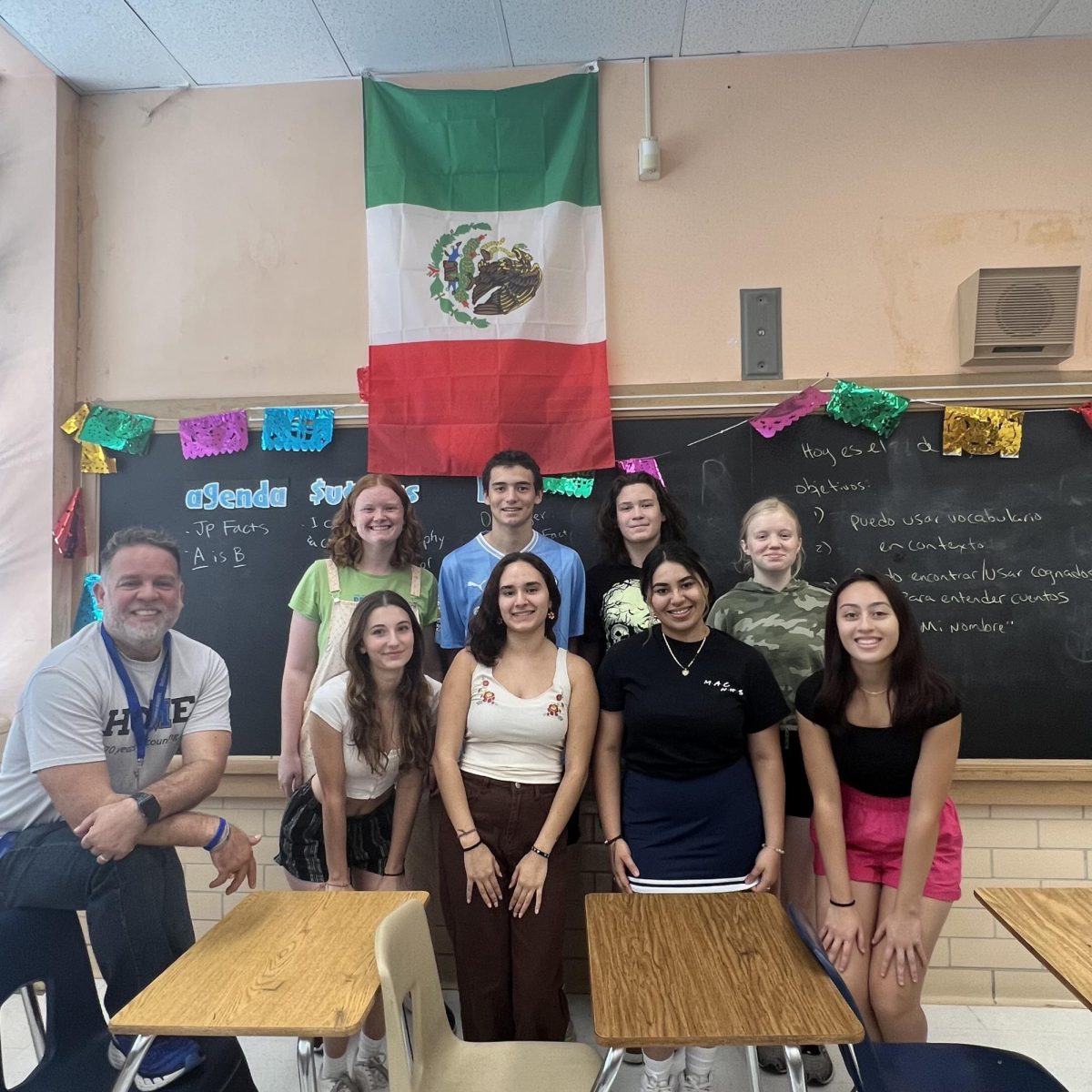

![IN THE SPOTLIGHT: Junior Zalie Mann performs “I Love to Cry at Weddings,” an ensemble piece from the fall musical Sweet Charity, to prospective students during the Fine Arts Showcase on Wednesday, Nov. 8. The showcase is a compilation of performances and demonstrations from each fine arts strand offered at McCallum. This show is put on so that prospective students can see if they are interested in joining an academy or major.
Sweet Charity originally ran the weekends of Sept. 28 and Oct. 8, but made a comeback for the Fine Arts Showcase.
“[Being at the front in the spotlight] is my favorite part of the whole dance, so I was super happy to be on stage performing and smiling at the audience,” Mann said.
Mann performed in both the musical theatre performance and dance excerpt “Ethereal,” a contemporary piece choreographed by the new dance director Terrance Carson, in the showcase. With also being a dance ambassador, Mann got to talk about what MAC dance is, her experience and answer any questions the aspiring arts majors and their parents may have.
Caption by Maya Tackett.](https://bestofsno.com/wp-content/uploads/2024/02/53321803427_47cd17fe70_o-1-1200x800.jpg)
![SPREADING THE JOY: Sophomore Chim Becker poses with sophomores Cozbi Sims and Lou Davidson while manning a table at the Hispanic Heritage treat day during lunch of Sept 28. Becker is a part of the students of color alliance, who put together the activity to raise money for their club.
“It [the stand] was really fun because McCallum has a lot of latino kids,” Becker said. “And I think it was nice that I could share the stuff that I usually just have at home with people who have never tried it before.”
Becker recognizes the importance of celebrating Hispanic heritage at Mac.
“I think its important to celebrate,” Becker said. “Because our culture is awesome and super cool, and everybody should be able to learn about other cultures of the world.”
Caption by JoJo Barnard.](https://bestofsno.com/wp-content/uploads/2024/01/53221601352_4127a81c41_o-1200x675.jpg)



